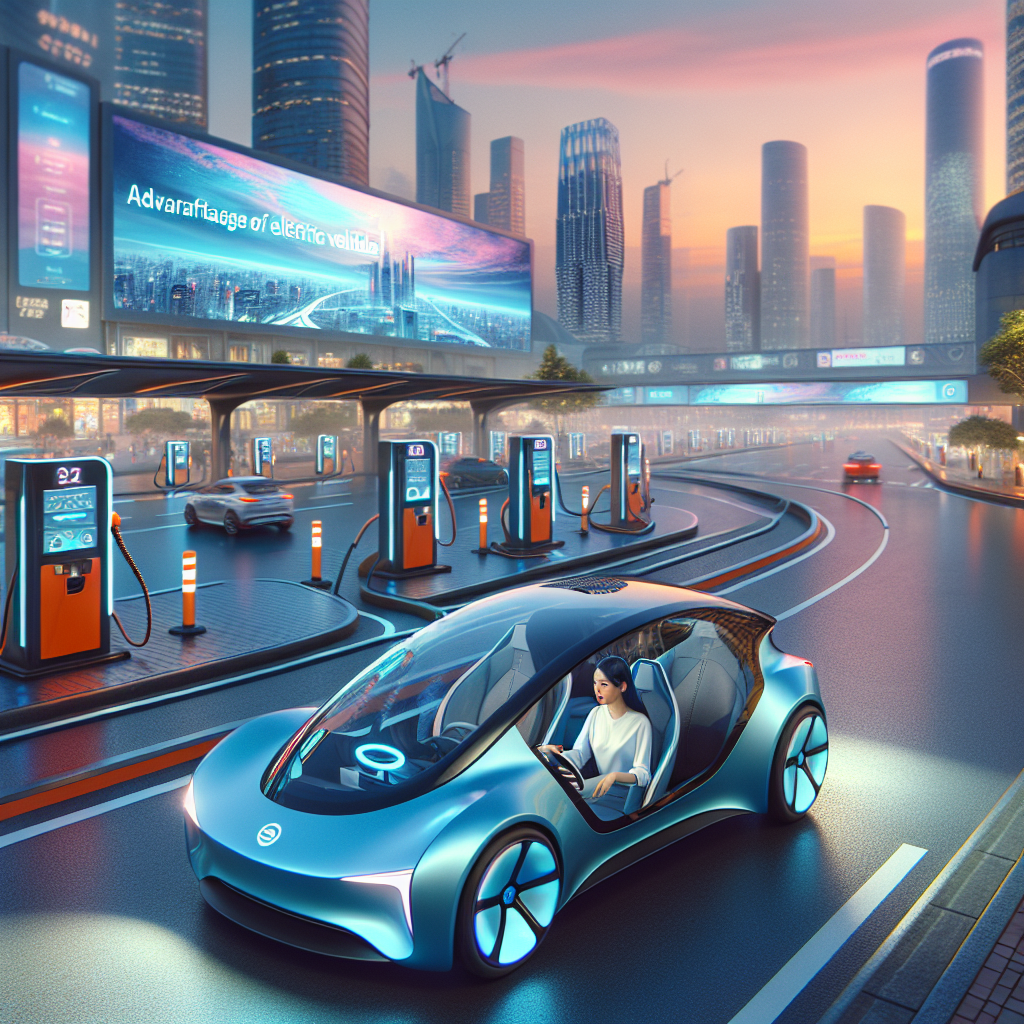Canada Weighs Import Tariffs on Chinese EVs Amid Domestic and Global Concerns
Canada is contemplating imposing tariffs on Chinese-made electric vehicles due to concerns of unfair competition. Deputy Prime Minister Chrystia Freeland announced a 30-day public consultation. The move aligns with actions by the U.S. and EU against China's purported state-directed EV overcapacity.

Canada is considering whether to impose import tariffs on Chinese-made electric vehicles and will seek the public's opinion about the idea, Deputy Prime Minister Chrystia Freeland said on Monday. Freeland said the domestic auto sector faced unfair competition from what she called China's "state-directed policy of overcapacity," and that Ottawa would open a 30-day public consultation period on July 2 as to how Canada can respond.
"Chinese producers are quite intentionally generating a global oversupply that undermines EV producers around the world, including here in Canada," Freeland told reporters in Vaughan, Ontario, echoing concerns raised by the United States and the European Union. Freeland said public consultations will help the government decide its policy response, which may include tariff on imports, adding that the move would align Ottawa with allies in Washington and Brussels.
U.S. President Joe Biden last month unveiled a bundle of steep tariff increases on an array of Chinese imports, including electric vehicles. The European Commission, which oversees trade policy in the 27-nation, is planning to impose additional duties of up to 38.1% on Chinese producers such as BYD, Geely and SAIC, as well as Chinese-built Tesla and BMW cars. China has rejected accusations of unfair subsidies or that it has an overcapacity problem, saying the development of its EV industry has been the result of advantages in technology, market and industry supply chains.
An opinion piece published in the Chinese state-backed Global Times newspaper ahead of Freeland's announcement on Monday advocated for "Canada to remain strategically rational" and not "sacrifice normal economic exchanges with China for the sake of Washington's strategic selfishness." Canadian tariffs on Chinese EVs "may undermine market confidence among Chinese investors, worsen bilateral relations and hinder normal economic and trade cooperation," a Global Times reporter said in the opinion piece.
Prime Minister Justin Trudeau's Liberal government, which has been trying to position Canada as a critical part of the global EV supply chain, had come under pressure domestically to act against Chinese EVs. The premier of Ontario, Canada's most populous province and the main auto-making center, last week urged Ottawa to impose tariffs of at least 100% on Chinese-made electric vehicles to protect jobs.
Freeland declined to get into the specifics of what Ottawa's potential action would be or if EV components like batteries could also be targeted, but said everything was on the table. "We're not ruling anything out," she said, adding "that we are bringing to bear our strongest trade action tools."
Canada has inked deals worth billions of dollars to woo companies involved in all parts of the EV supply chain to bolster its manufacturing heartland in Ontario.
(This story has not been edited by Devdiscourse staff and is auto-generated from a syndicated feed.)










